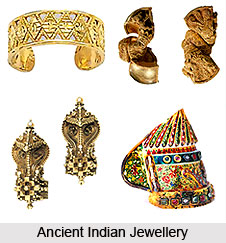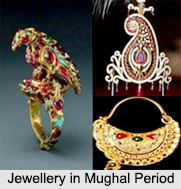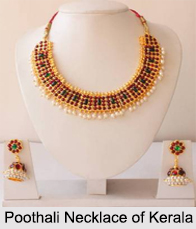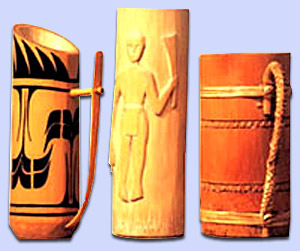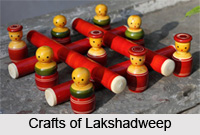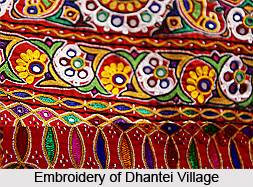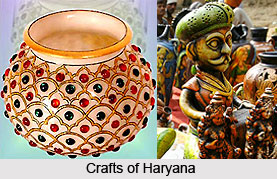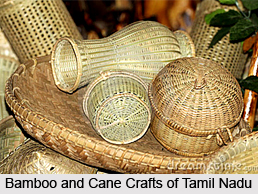 The bamboo and cane crafts of Tamil Nadu predominantly carry the variations of house hold items and some items are made for home décor and other purposes.
The bamboo and cane crafts of Tamil Nadu predominantly carry the variations of house hold items and some items are made for home décor and other purposes.
The bamboo and cane crafts of Tamil Nadu include the usage of the fibres of cane or rattan and Tamil reed bamboo. These fibres are used largely for making furniture, bowls, baskets and other house hold items. Tamil Nadu is a place where the raw materials for bamboo and cane crafts can be found in profusion. The dexterous artisans of this land are an added advantage to accelerate the crafts. One of the major products that are made from bamboo and cane is basket. Apart from basketry the local artisans create items like dolls, toys, mats, trays, flower baskets, shopping bags, folding fans etc. with bamboo, cane, grasses, reeds and fibres. Contemporary craftsmen also make utility items like baskets and trays.
Another popular item of bamboo and cane crafts of Tamil Nadu include window screens made of bamboo slats and tied with plain or coloured string in designs all over northern India. These are named as `chiks` by the local people. The main centers of bamboo and cane crafts are to be found in Dharampuri, Salem, Coimbatore, South Arcot and Tiruchirapalli districts of Tamil Nadu. Other centres that are widely known for manufacturing bamboo and cane items involve at Thanjavur and Arcot. Toys and dolls are also produced from grass, bamboo and cane. This craft is mainly centered at Dharampuri, Salem, Coimbatore, South Arcot and Tiruchirapalli Districts.
Mat weaving is a distinct art form of bamboo and cane crafts of Tamil Nadu. Apart from these, the craftsmen create fodder containers, fish baskets, trinket boxes, modhas (stools), chattais (mats) and grain-threshing trays for regular usage.
The bamboo and cane crafts of Tamil Nadu are getting foreground in the local market through various exhibitions and Indian trade scheme. The government is planning to promote this craft which has a bright future by providing aids and encouraging the artisans to occupy the local as well as the market of the country.
